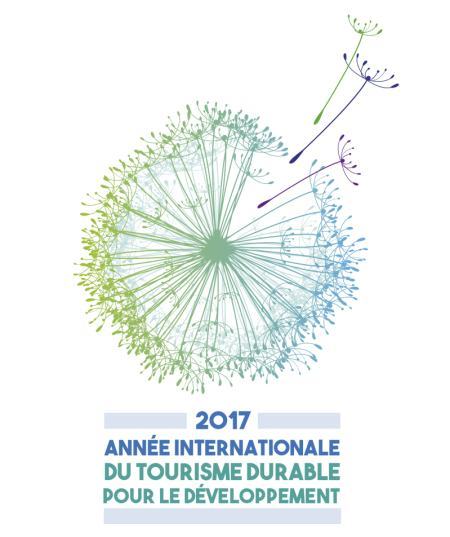
Published on July 21, 2016 – Author : Coline Mionnet
Why has Chile distributed electricity for free ?
Chile has set the bar high, its goal is to produce 70% of its electricity from renewable energy by 2050 and to reduce by 30% its CO2 emissions by 2030. With a significant increase in investment made in renewable energy in 2015 and the recent opening of 29 solar farms in Chile, the inhabitants of northern Atacama Desert enjoy free electricity since January. The record of 192 days of free electricity in Chile in 2015 could already be beaten.
This is good news even though 40% of the Chilean population, concentrated in the capital of Santiago, is not concerned by this privilege. Since the excess of solar electricity produced in the Atacama Desert could not be transported to the rest of the country for lack of operating transmission lines, northerners did not have to pay any bill and the situation might last.
The Chilean government plans by 2017 to build a transmission line of 3000 km to regulate the electricity production and market. The aim is also to strengthen investment in renewable energy in the country.
Without delay, Chilean President Michelle Bachelet promulgated on July 12 a new Electric Transmission Act which targets to strengthen the power transmission system in the country and promote clean and cheap energy. The Chilean government therefore plans to build new transmission lines to reduce costs in energy transportation.
If based on the report of UNEP, United Nations Environment Programme, called « Global Trends in renewable energy investment 2016 », Chile is in 10th place of the TOP 10 countries investing the most in renewable energy worldwide, with a growth of 151% compared to 2014. However, it is first of the TOP 10 countries funding the most assets in renewable energy, with an increase of 141% in 2015 compared to 2014.

According to the report published on July 5 by Chile Ministry of Energy, having quadrupled its solar energy production capacity since 2013, Chile now has 54 renewable energy production plants and 33 transmission projects under construction equivalent to 2410 km lines network. Among these ambitious projects, the Santiago Metro will become the first in the world to run by 60% on solar and wind energy in 2018.
Globally, investments in renewable energies amounted in 2015 to 258 billion dollars (USD), « more than twice the investments in coal and gas power plants, estimated at 129 billion dollars », according to UNEP 10th annual report « Global Trends in renewable energy investment 2016. »
Yet, according to a study published by researchers from the International Monetary Fund in May 2015, the amount of subsidies dedicated to fossil fuel extraction companies reach more than 5100 billion dollars per year, or nearly 6.5% of global GDP. Thus, one CO2 ton is lowly estimated at 41 dollars.
According to the IMF, removing those subsidies would reduce by 20% greenhouse gas emissions and would halve the number of deaths caused by air pollution in the world.
In 2014, China was the country with highest subsidies to fossil fuels and their extraction : $2200 billion, followed by the United States with $696 billion, Russia, $334 billion, the EU, $330 billion, India, $275 billion and Japan $156 billion.

From January to July 2016, more than $2755 billion have already been invested in the fossil fuel sector in the world, according to Planetoscope website.
Significant efforts remain to be done to promote renewable energy and this will undoubtedly come by reducing or ideally, removing these subsidies to fossil fuels. According to the International Energy Agency, over 80% of global energy comes from fossil fuel deposits : oil (33%), gas (21%), coal (28%) and uranium (7%) and half the world’s oil is consumed in the transportation sector. Governments must act.
Sources
UNEP report released in March 2016:
« Global Trends in renewable energy investments 2016 » .
Report published July 5, 2016 by the Chilean Ministry of Energy (spanish)
Study on fossil fuel subsidies by IMF researchers published in May 2015
International Energy Agency Study on World Energy, published in November 2014
Speech by Christine Lagarde, IMF president, published on July 14, 2016





